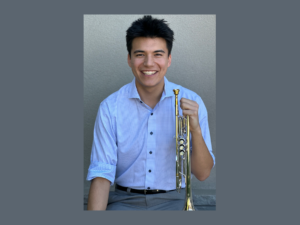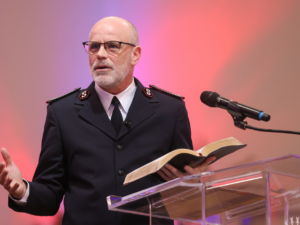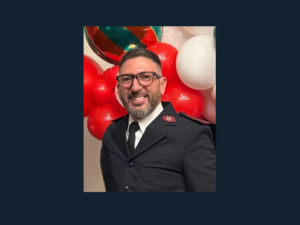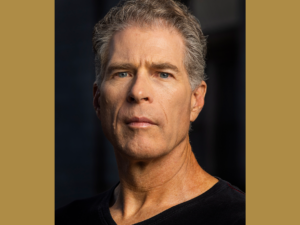Americans are not living happily ever after.
According to a study by the University of Chicago, about 60 percent of respondents rated themselves “pretty happy” in their marriage—which leaves 40 percent of people less than fully satisfied.
Further, the American divorce rate has doubled since 1960.
As Dr. Gary Chapman says, “No single area of marriage affects the rest of marriage as much as meeting the emotional need for love.”
After years as a family counselor, he developed a system to effectively communicate love to the people closest to us. His book—“The 5 Love Languages: The Secret to Love that Lasts”—has been translated into 50 languages and has sold more than 11 million copies worldwide.
In it, Chapman acknowledges that while falling in love is easy, staying in love takes work. And he provides a simple map to better expressing love exactly as the recipient needs.
He doesn’t claim it’s easy to execute, but Chapman—an academically trained anthropologist, senior associate pastor at a Calvary Baptist Church in North Carolina and an internationally recognized marriage counselor—says we all can learn to speak these love languages with effort, generosity and a willingness to consider other perspectives.
In this episode, he explores the five love languages and offers tips for better living in each one with our spouses, children and even at work.
Show highlights include:
- Why Dr. Chapman’s book stands out from other relationship books? Deals with an emotional need to feel loved and ways to effectively communicate love in a language that makes another feel loved.
- Why is love important? Those who don’t feel loved will struggle and look for love in all the wrong places.
- Stages of romantic love: Falling/being in love that leads to an intentional need to learn other’s love language.
- 5 love languages and top tip for each:
- Words of affirmation: Face-to-face compliment
- Quality time: Carry on a conversation by sharing three things that happened today
- Gift giving: Doesn’t need to be expensive, pick a flower
- Acts of service: What is meaningful to the other person—wash the dishes, take out the trash?
- Physical touch: Do they prefer touchy-feely or simply like to hold hands?
- Nature or nurture? Love language develops early in life and usually stays the same for a lifetime.
- Good news: Anyone can learn any of these love languages as an adult; it’s a choice.
- How did Dr. Chapman’s faith shape his theory? His relationship with God motivated him to want to love.
Good words from Dr. Gary Chapman in this show:
[02:46] “It deals with the deep emotional need that all of us have to feel loved by the significant people in our lives.”
[12:20] “Is it nature or nurture? Are we born with a love language, or does it develop early in life?”
[14:31] “You can learn to speak any of these languages as an adult, even if you did not receive them as a child.”
[17:00] “It’s my relationship with God that gives me the motivation to want to love.”
Additional resources:
- The 5 Love Languages by Dr. Gary Chapman
- Additional books by Dr. Gary Chapman
- Take Dr. Gary Chapman’s 5 Love Languages Quiz
- Love and Limerence: The Experience of Being in Love by Dorothy Tennov
- Visit westernusa.salvationarmy.org to join the fight for good in your community.
- What’s your story? Take our free email course to see why your voice matters and how to find your story.
Listen and subscribe to the Do Gooders Podcast now. Connect with Dr. Gary Chapman via 5 Love Languages.













Comments are closed.